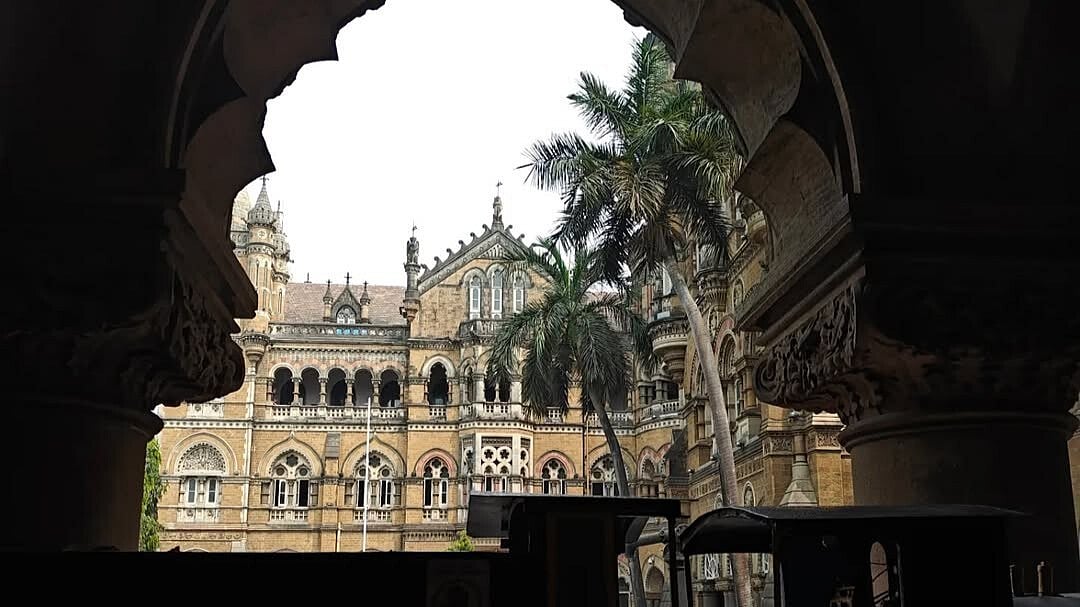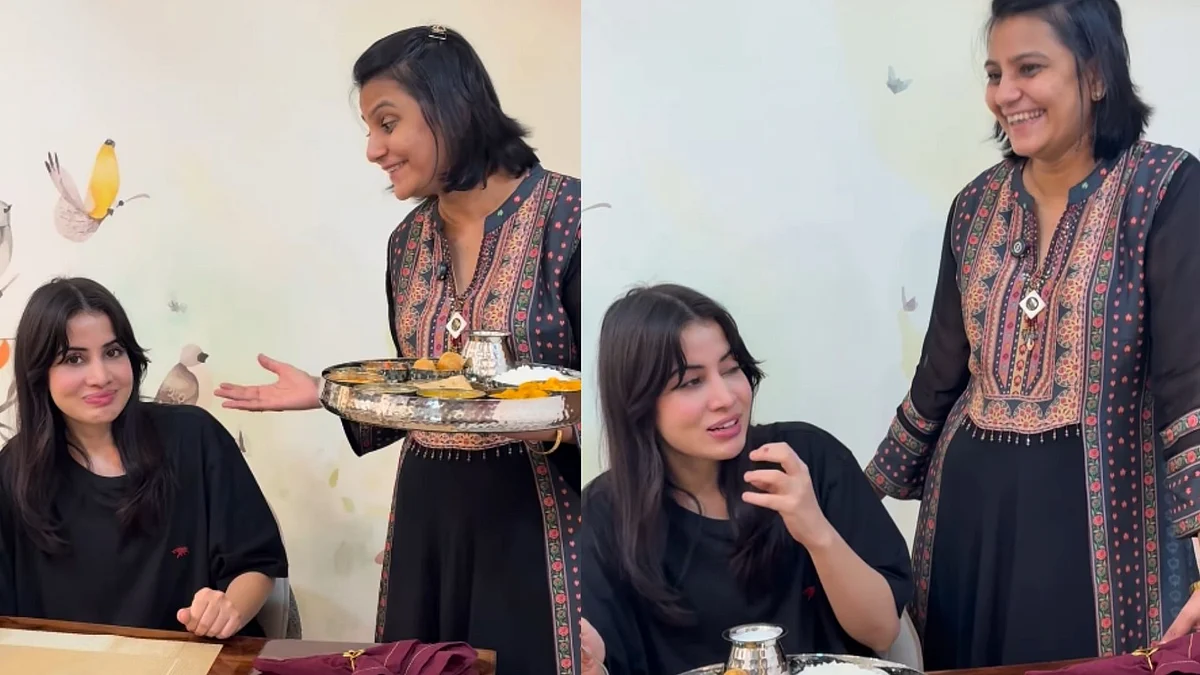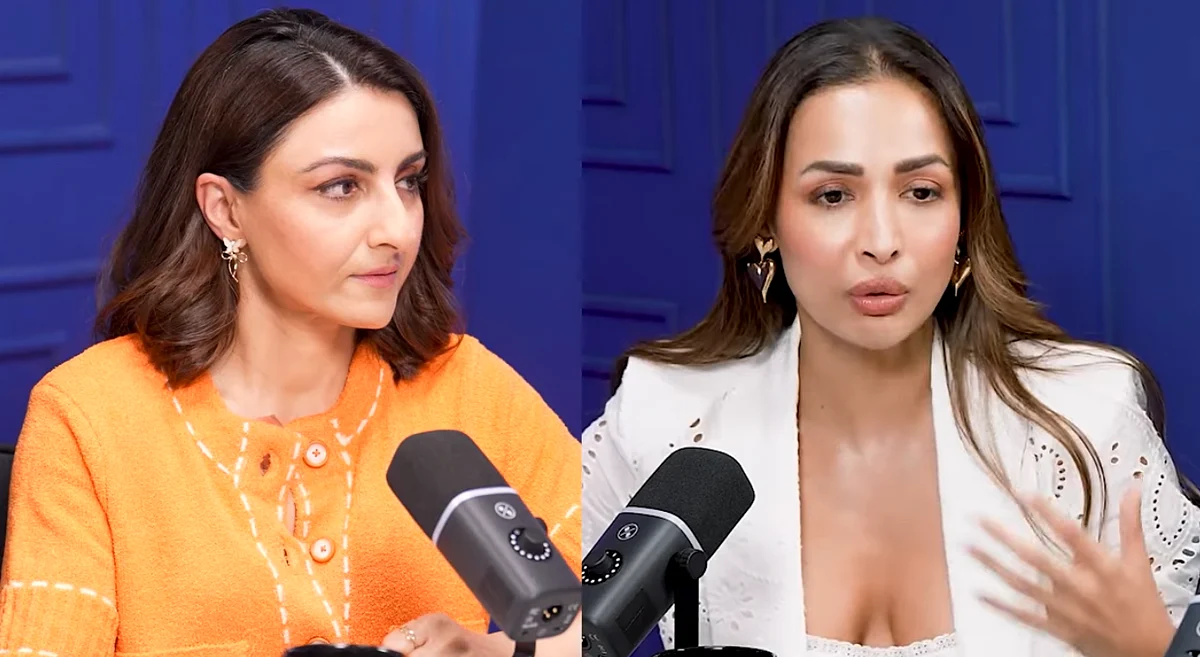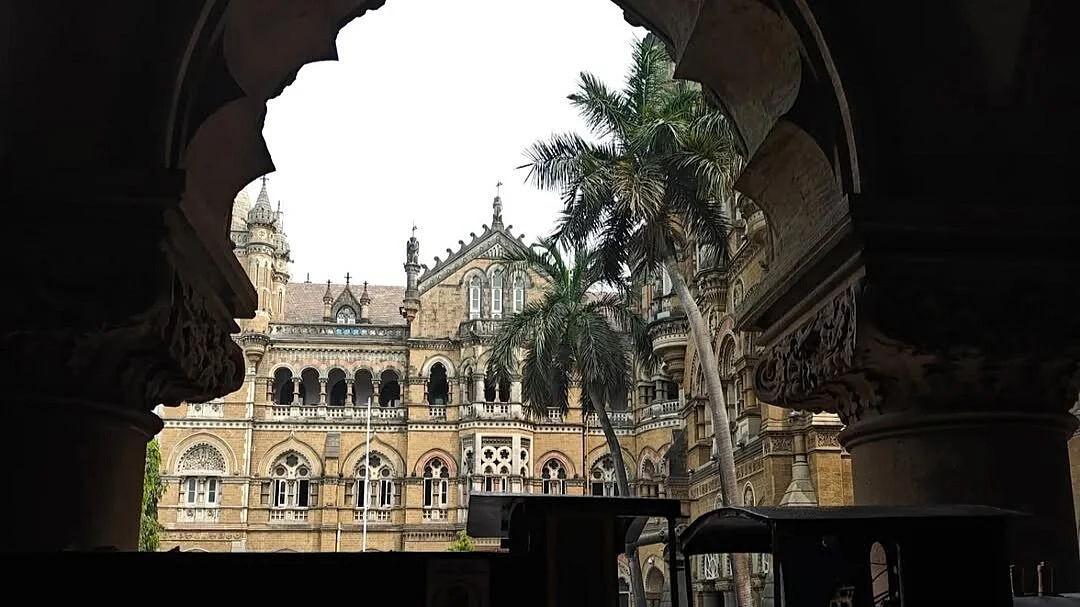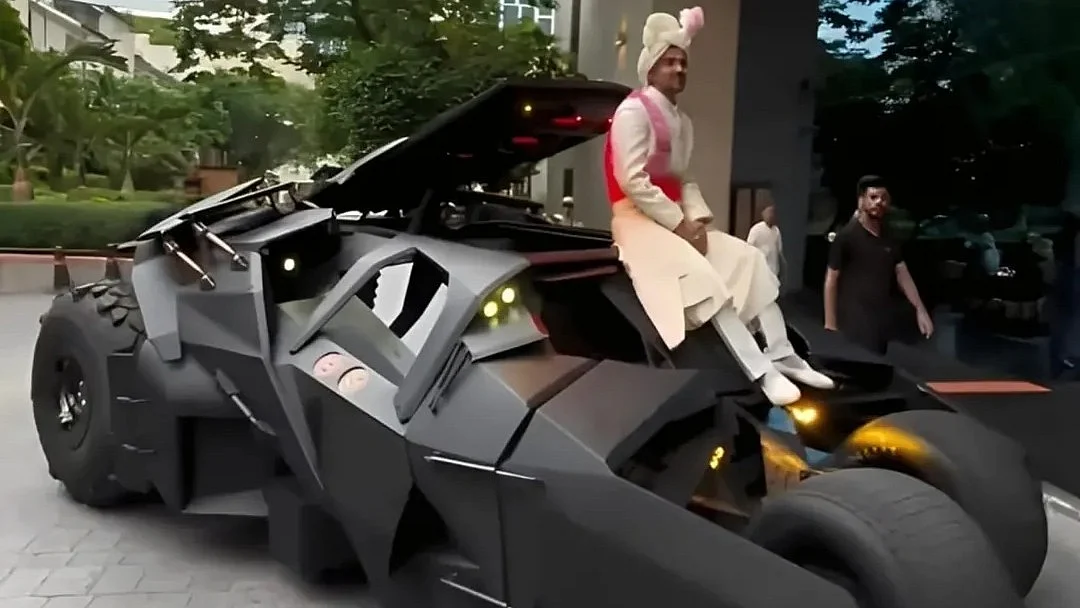Humans are storytellers, shaped by the tales that control our lives. The stories to which we choose to expose ourselves influence our character — framing how we think, impacting our personhood, ideas, and viewpoints.
And so it follows, the country’s rich and heavy history unfolds in the museums of Mumbai.
Mumbai's oldest museum is Dr. Bhau Daji Lad. Formerly known as the Victoria and Albert Museum, it opened its doors in 1872.
Its rare collection of fine and decorative Indian arts showcases the city’s modern art and craftsmanship of the 19th and early 20th Centuries.
One of Mumbai’s most well-known museums is Chhatrapati Shivaji Maharaj Vastu Sangrahalaya. Alternatively known as the Prince of Wales Museum, the heritage site was established in the early 20th Century. It exhibits collections of ancient artworks, sculptures, textiles, and artifacts in its galleries, and is presently admired for its architecture.
Greek written records. Emperor Ashoka’s Mauryan Empire. Muslim rulers. British and Portuguese colonial settlers. And ultimately, independence in 1947. Museums in every corner of Mumbai have honoured India's rich past. And, in contrast, many are imagining its future.
Here’s a list of some niche museums that highlight different faces of the city’s history, allowing you to piece its story together — one visit at a time.
National Museum of Indian Cinema
Located in Gulshan Mahal, Pedder Road, the National Museum of Indian Cinema rewinds the country's motion-picture history.
Peep into the past through vintage optical devices. Tune up your listening skills as you learn about the Silent Era of film. Become a playback singer for your favourite artist. And live through the socio-political turmoil of Indian cinema.
Museum hours: Tuesday to Sunday, 10:00 AM - 6:00 PM
Ticket price: ₹40 (Indian visitor, 3-13 y/o), ₹165 (Indian visitor, above 14 y/o), ₹250 (foreign visitors, 3-13 y/o), ₹600 (foreign visitors, above 14 y/o).
Museum of Solutions (MuSo)
Welcome to India’s first interactive and immersive museum for children: the Museum of Solutions (MuSo). It recently opened in 2024 in Lower Parel and is built on inspiring, enabling, and empowering its young visitors.
Driven by the belief that a child’s curiosity paves the path for personal growth, the museum has designed exhibits and learning programs that focus on issues children care about, helping them deconstruct and understand the world around them.
To achieve this, MuSo ensures that their materials are grounded in reality. The museum’s curriculum is based on 12 key UN Sustainable Development Goals (SDGs): gender equality, responsible consumption and production, and clean water and sanitisation, to name a few.
MuSo commits to creating an inclusive space that welcomes children from all backgrounds, those with disabilities, and who speak different languages. Though children are the museum's target audience, MuSo holds workshops for parents and educators as well.
Museum hours: Closed on Mondays, 9:30 AM - 6:30 PM on weekdays, 10:00 AM - 7:00 PM on weekends.
Ticket price: ₹500 (adult), ₹799 (child; three-hour slot), ₹1100 (child; five-hour slot), ₹1200 (child; all-day). The prices may vary based on whether you book tickets for a weekday or weekend visit.
The BEST Transport Museum
Tucked away in Sion East and established in 1984, the BEST (Brihanmumbai Electric Supply and Transport) Transport Museum houses miniatures of the company’s buses and trams, along with a collection of old bus tickets and photographs of buses from when they were introduced to the city.
The museum truly makes you travel back in time, exhibiting bus staff mannequins and city gas lamps from when modern transportation overtook Mumbai.
However, visitors must bear in mind that the museum does not accommodate parking, wheelchair, or braille users.
Museum hours: Wednesday to Sunday, 9:00 AM - 5:00 PM
Ticket price: No entry fee
Paradox Museum
Hiding in Shreeniwas House, Fort, is Paradox Museum: a modern collection of mind-bending optical illusions, exploding with vibrancy. With over 50 exhibits, many of which are interactive, this museum welcomes visitors of all ages to fuel their creativity with the space’s colours, patterns, and activities.
Prepare to have your mind boggled… Step into the museum's Reversed Room, which flips reality on its head. Take a seat on the Paradox Sofa, where your body appears split in half. Or take a stroll through their Paradox Tunnel, though not as relaxing as it may sound. It’s filled with twists and turns that distort your vision into thinking it’s more than an illusion.
Museum hours: Monday to Sunday (11:00 AM - 8:00 PM; may be extended to 8:30 PM on weekends)
Ticket price: ₹590 + GTS (adults), ₹550 + GST (children), ₹890 + GST (foreigners; price may vary). The space is available for birthdays, school, and group bookings.
CSMT Heritage Museum
Established in 2012, the Chhatrapati Shivaji Maharaj Terminus (CSMT) Heritage Museum allows visitors to take in the incredible combination of Gothic Victorian and classic Indian architecture that the British left behind. Chhatrapati Shivaji Terminus is regarded as a UNESCO World Heritage Site.
Located in Chhatrapati Shivaji Terminus — which is regarded as a UNESCO World Heritage Site — itself, you can explore the exhibit of antiques associated with the Indian Railways like crockery, telephones, brass bells, and the old railway engines.
Unfortunately, similar to the BEST Transport Museum, the CSMT Heritage Museum does not accommodate parking, wheelchair, or braille users.
Museum hours: Monday to Friday, 11:00 AM - 4:00 PM
Ticket price: ₹100 (students with a valid ID), ₹200 (all other visitors).
RBI Monetary Museum
The final museum in this list dives into the monetary history of India. Money is a core aspect of a country’s cultural heritage, developing a system of value to compare items for exchange and revealing its past from a socio-economic perspective.
The RBI Monetary Museum in the Amar Building RBI, Fort, aims to document and preserve India’s financial heritage. It proposes a mix of permanent, temporary exhibits of the country’s currency, including coinage, paper currency, and gold bars, along with financial instruments that have been used across time.
Additionally, the museum is looking to launch research projects to study how money has evolved around the Indian Ocean Rim.
Museum hours: Tuesday to Sunday, 10:45 AM - 5:15 PM
Ticket price: No entry fee
History, in its combination of the social, political, and economic, is one lengthy story with no ending in sight. The museums of Mumbai untangle tales of the past to contextualise how the country came to be what it is today.
It’s your turn to assume the narrator’s voice; take a walk through the city’s museums to connect the dots between India’s history and the road ahead.
